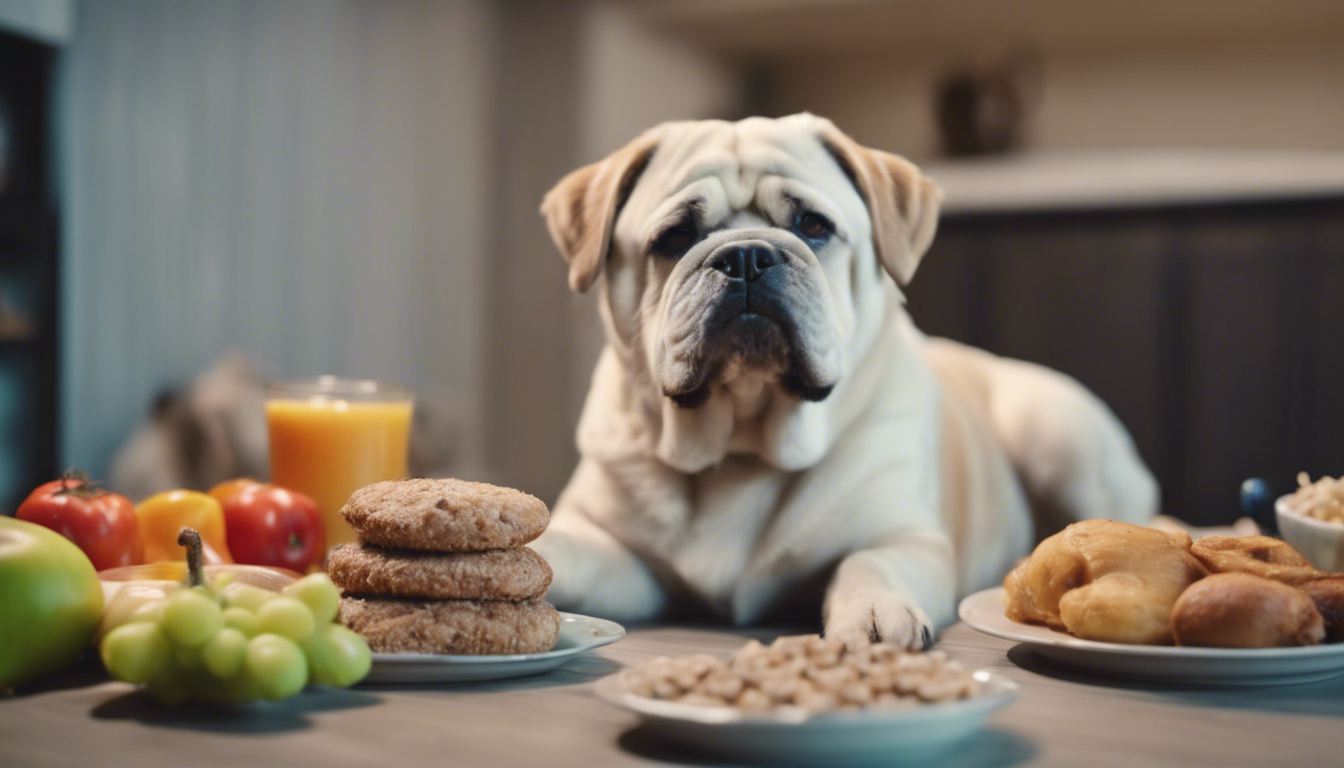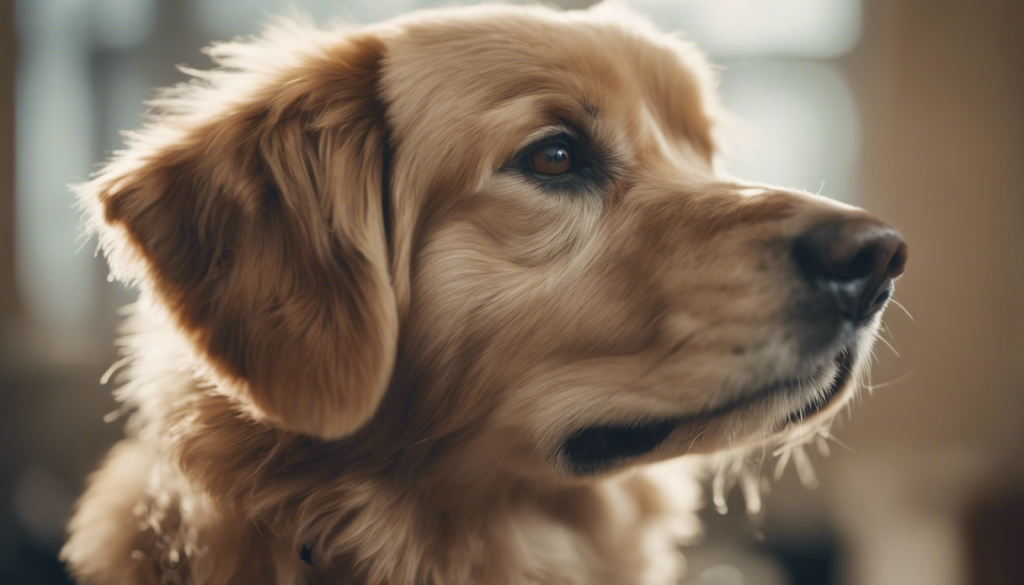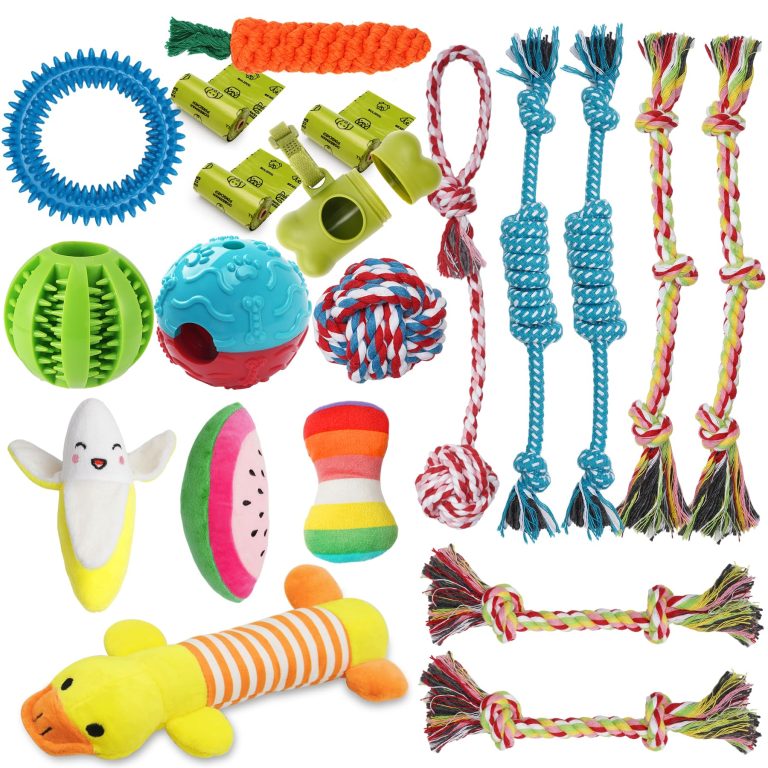Dog Obesity: How Diet Plays a Role

When it comes to the health and well-being of our beloved canine companions, proper nutrition is essential. A balanced diet plays a important role in maintaining a dog’s weight, energy levels, and overall health. Unfortunately, dog obesity has become a common issue in today’s society, resulting in various health problems and decreased quality of life for our furry friends. In this article, we will explore the role of diet in dog obesity, focusing on essential aspects of canine nutrition and diet.
The Importance of a Balanced Diet
A balanced diet is the foundation of good health for dogs. Just like humans, dogs require a mix of different nutrients to thrive. These nutrients include proteins, carbohydrates, fats, vitamins, minerals, and water. Each of these components plays a vital role in supporting your dog’s growth, development, and overall well-being.
In terms of caloric intake, it is important to feed your dog an appropriate amount of food based on their age, activity level, and breed. Overfeeding or providing excessive treats can lead to weight gain and obesity. On the other hand, underfeeding can deprive them of essential nutrients, negatively impacting their health.
Dietary Needs for Different Life Stages and Breeds
Dogs have different dietary needs depending on their life stage and breed. Puppies require more calories and nutrients than adult dogs due to their rapid growth and development. It is important to provide them with puppy-specific formulas that meet their specific nutritional requirements.
Similarly, senior dogs have different nutritional needs compared to adult dogs. As they age, their metabolism slows down, making them more prone to weight gain. Senior dog formulas have lower calorie content while providing enough nutrients to support their aging bodies.
Breeds also play a role in determining dietary needs. Different breeds may have varying metabolisms and sensitivities to certain ingredients. For instance, large breed dogs may be more prone to joint issues, requiring diets with specific nutrients to support their joint health. It is important to think these factors when selecting the right diet for your dog.
Homemade Diet Options
Some dog owners opt for homemade diets as they have more control over the ingredients and can tailor the diet to their dog’s specific needs. However, it is essential to approach homemade diets with caution. Improperly formulated homemade diets can lead to nutrient deficiencies or imbalances, putting your dog’s health at risk. Consultation with a veterinary nutritionist is highly recommended to ensure that the homemade diet meets all of your dog’s nutritional requirements.
If you choose to prepare homemade meals for your dog, make sure to include a variety of lean proteins such as chicken, turkey, or fish. Carbohydrates like sweet potatoes, brown rice, and oats can provide energy. Including a mix of fruits and vegetables ensures the intake of essential vitamins and minerals. Lastly, adding healthy fats like fish oil or coconut oil can promote a shiny coat and overall wellness.
The Battle Against Canine Obesity
Preventing and managing obesity in dogs requires a holistic approach, focusing on both diet and exercise. A balanced diet alone is not enough; portion control is equally important. Feeding guidelines provided by reputable pet food companies can serve as a starting point, but it also depends on your individual dog’s needs. Monitoring their weight regularly and adjusting their caloric intake accordingly can help maintain a healthy weight.
Exercise is another important factor in combating canine obesity. Regular physical activity helps burn calories, promotes muscle tone, and improves overall fitness. The type and intensity of exercise should be based on your dog’s age, breed, and fitness level. Make sure to consult with your veterinarian to create an appropriate exercise routine for your furry friend.
Proper nutrition is essential for preventing dog obesity and promoting the well-being of our four-legged companions. A balanced diet, tailored to their life stage and breed, is important to ensure they receive all the necessary nutrients for optimal health. Whether you choose commercial diets or homemade options, always prioritize quality ingredients and consult with a professional when necessary. By maintaining a healthy weight and providing proper nutrition, we can help our dogs live long, happy, and fulfilling lives.







